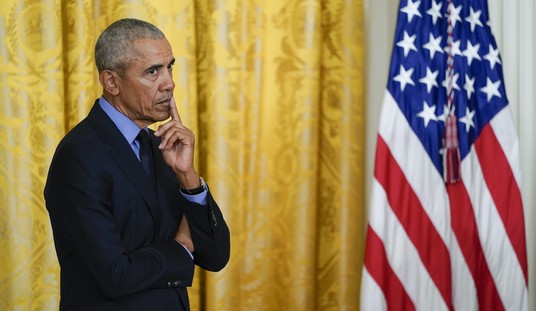A federal appeals court ruled earlier this month that the “parsonage exemption”—which permits clergy of any faith to claim a tax exemption on qualifying housing—does not violate the Constitution. The decision by the U.S. Court of Appeals for the Seventh Circuit surely comes as a great relief to the approximately 81% of full-time, senior clergy in America who receive such housing. Yet its benefits will also continue to be enjoyed by all Americans.
The lawsuit leading to the decision began in 2013, when the national gadflies at the Freedom From Religion Foundation (FFRF) sued the federal government claiming that the parsonage exemption violates the First Amendment’s Establishment Clause. The case drew greater attention when a federal judge from Wisconsin agreed with the FFRF and declared the exemption unconstitutional as a violation of the constitutionally apocryphal “separation of church and state.”
On appeal, clergy members of multiple faiths who were directly affected by the ruling argued that they would not be able to continue serving their communities without the parsonage exemption. Many rural and inner-city churches, temples, and congregations simply cannot afford to keep their doors open if they are forced to pay taxes on clergy housing.
Led by Senator James Lankford and then-Representative Robert Pittenger, members of Congress supported the clergy by explaining that for as long as America has had a tax code, it’s had a parsonage exemption. And each time Congress has revisited the issue, it has maintained the exemption. In other words, if Congress wanted to tax clergy housing, it could have done so on multiple occasions. But Congress clearly thinks the parsonage exemption is not only lawful, but it is also beneficial.
Recommended
Thankfully, just this month, the U.S. Court of Appeals for the Seventh Circuit reversed the lower court. The court pointed out that many non-religious employees receive tax exemptions for work-related housing. For example, first responders, teachers, and military personnel are each eligible for tax relief on housing. Clergy should be treated no differently just because they are clergy.
The Supreme Court has repeatedly made clear that religious institutions should be treated no differently under the law purely because of their religious character. Doing so actually demonstrates a religious hostility that is antithetical to our Constitution.
The Seventh Circuit’s decision should be received with a collective sigh of relief across America’s churches, temples, and other houses of worship. Indeed, all Americans stand to benefit greatly from this decision.
Keeping America’s church doors open provides many visible and tangible benefits. From soup kitchens, to disaster relief, to the arts, the benefits to society are legion. But some Americans may not be aware that religion, and the ability to exercise it freely, also harnesses a less visible, yet just as powerful force for good. According to a recent study, religion contributes an estimated $1.2 trillion to the U.S. economy annually. That’s more than Google, Apple, Amazon, and Microsoft, combined. According to one expert—a former policy advisor to President Clinton—religion contributes about 7% of U.S. Gross Domestic Product.
Americans should remember that the tradition of faith communities providing a home for their religious leaders predates the Constitution itself. As April 15 looms, none of us is likely to forget that it took a constitutional amendment to create a federal income tax. Fortunately, it only took a well-reasoned court decision to make clear that the Constitution permits the IRS to give clergy a break—a tax break. Doing so benefits all Americans of every faith or no faith at all. These days it is difficult to find a federal policy so universally beneficial. When we do it deserves to be commended not attacked.

























Join the conversation as a VIP Member